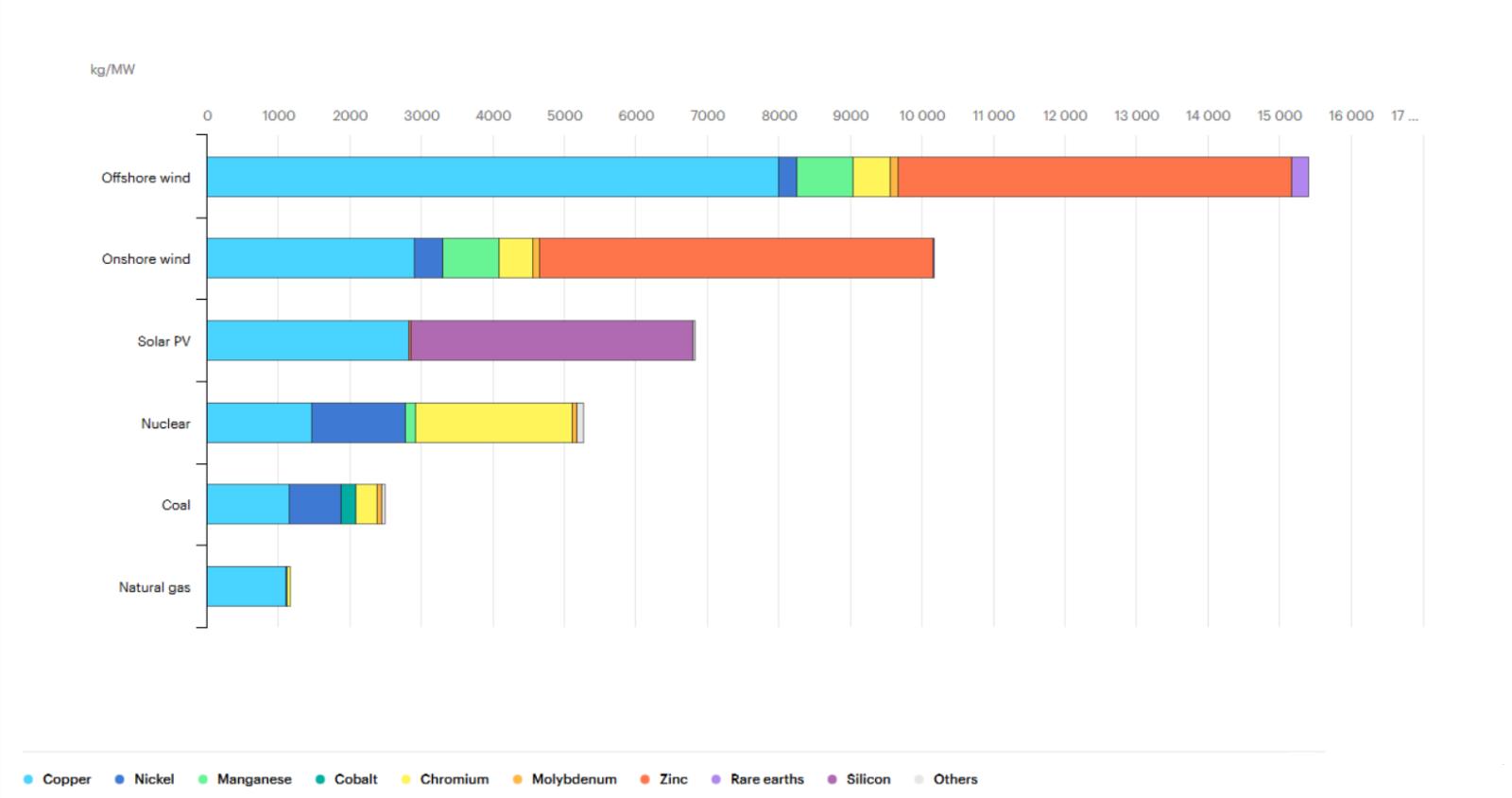-
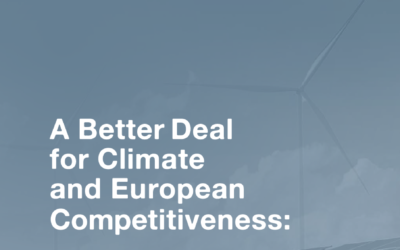
A Better Deal for Climate and European Competitiveness: Policy Proposals for the European Centre–Right
Other
02 Oct 2024
-
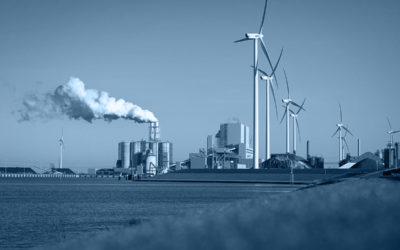
True Strategic Autonomy Requires Improved Domestic Supply
Blog
17 Mar 2023
-
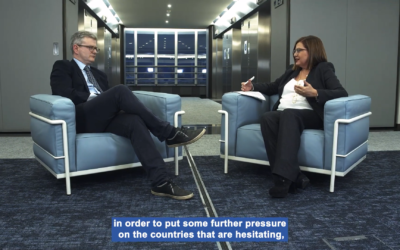
Thinking Talks Ep.2 with Maria Spyraki, MEP
Multimedia - Thinking Talks
19 Nov 2021
-
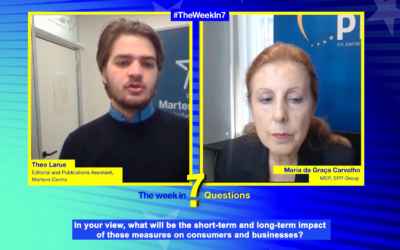
The Week in 7 Questions with Maria da Graça Carvalho
Multimedia - Other videos
29 Oct 2021
-
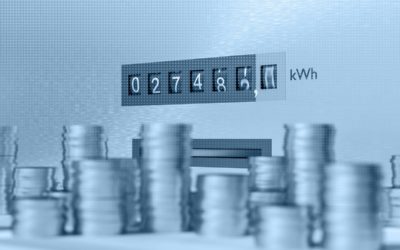
The Inherent Flaws in the EU’s Green Ambitions are Already Showing
Blog
29 Sep 2021
-
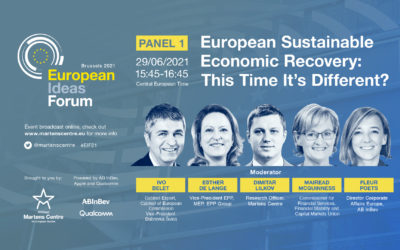
EIF 21 Panel 1 – European Sustainable Economic Recovery: This Time It’s Different?
Live-streams - Multimedia
29 Jun 2021
-

Green and Digital Transition: Challenges and Prospects
Live-streams - Multimedia
15 Jun 2021
-
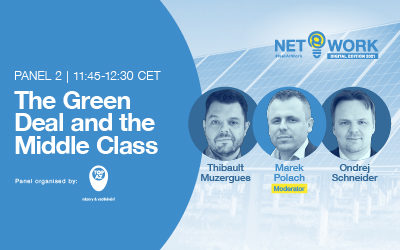
Net@Work Day 3 – Panel 2: The Green Deal and the Middle Class
Live-streams - Multimedia
21 Apr 2021
-
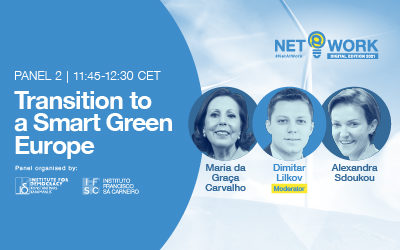
Net@Work Day 2 – Panel 2: Transition to a Smart Green Europe
Live-streams - Multimedia
20 Apr 2021
-
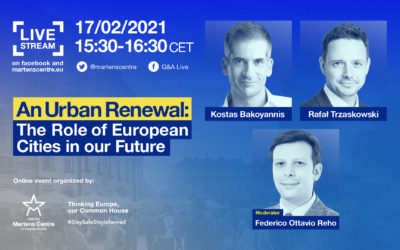
An Urban Renewal: The Role of European Cities in our Future
Live-streams - Multimedia
17 Feb 2021
-
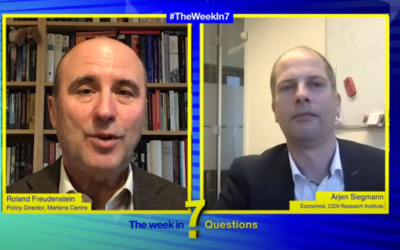
The Week in 7 Questions with Arjen Siegmann
Multimedia - Other videos
04 Dec 2020
-
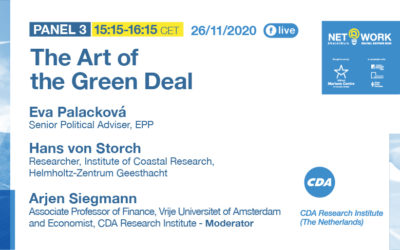
NET@WORK Day 2 – Panel 3
Live-streams - Multimedia
26 Nov 2020
-

Bridging the East-West Divide on Climate Change
Live-streams - Multimedia
12 Nov 2020
-
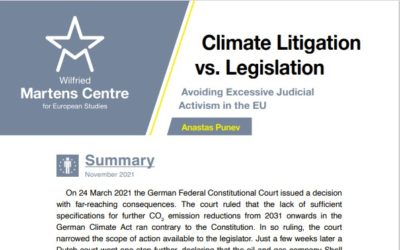
Climate Litigation vs. Legislation: Avoiding Excessive Judicial Activism in the EU
Policy Briefs
22 Nov 2021
-
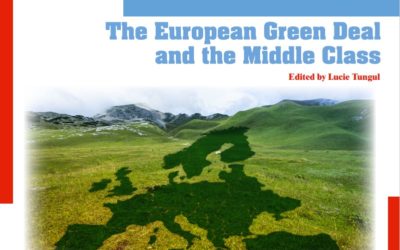
The European Green Deal and the Middle Class
Collaborative
30 Sep 2021


